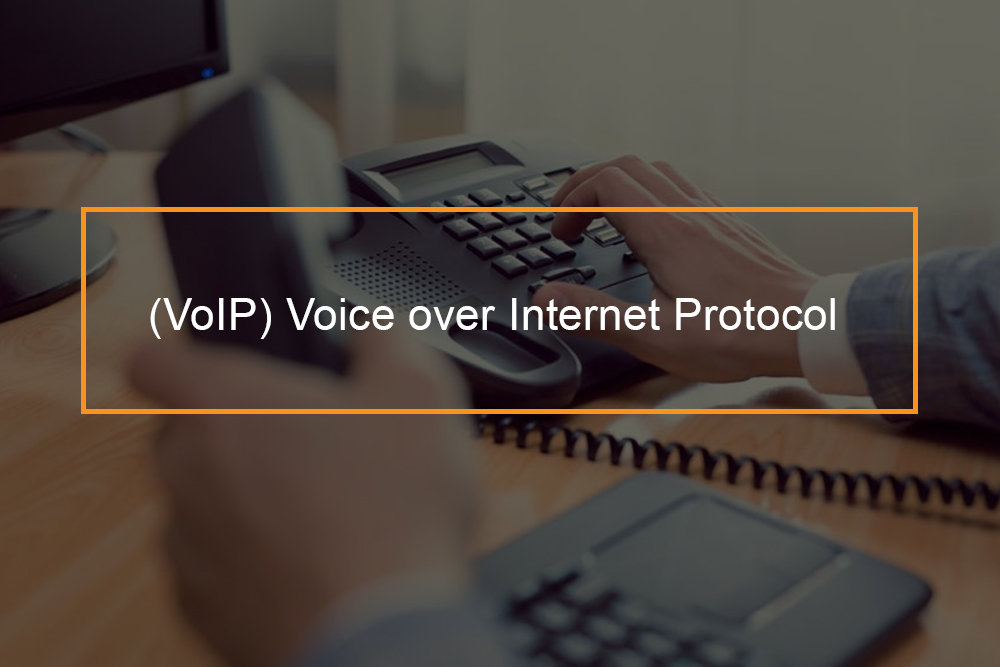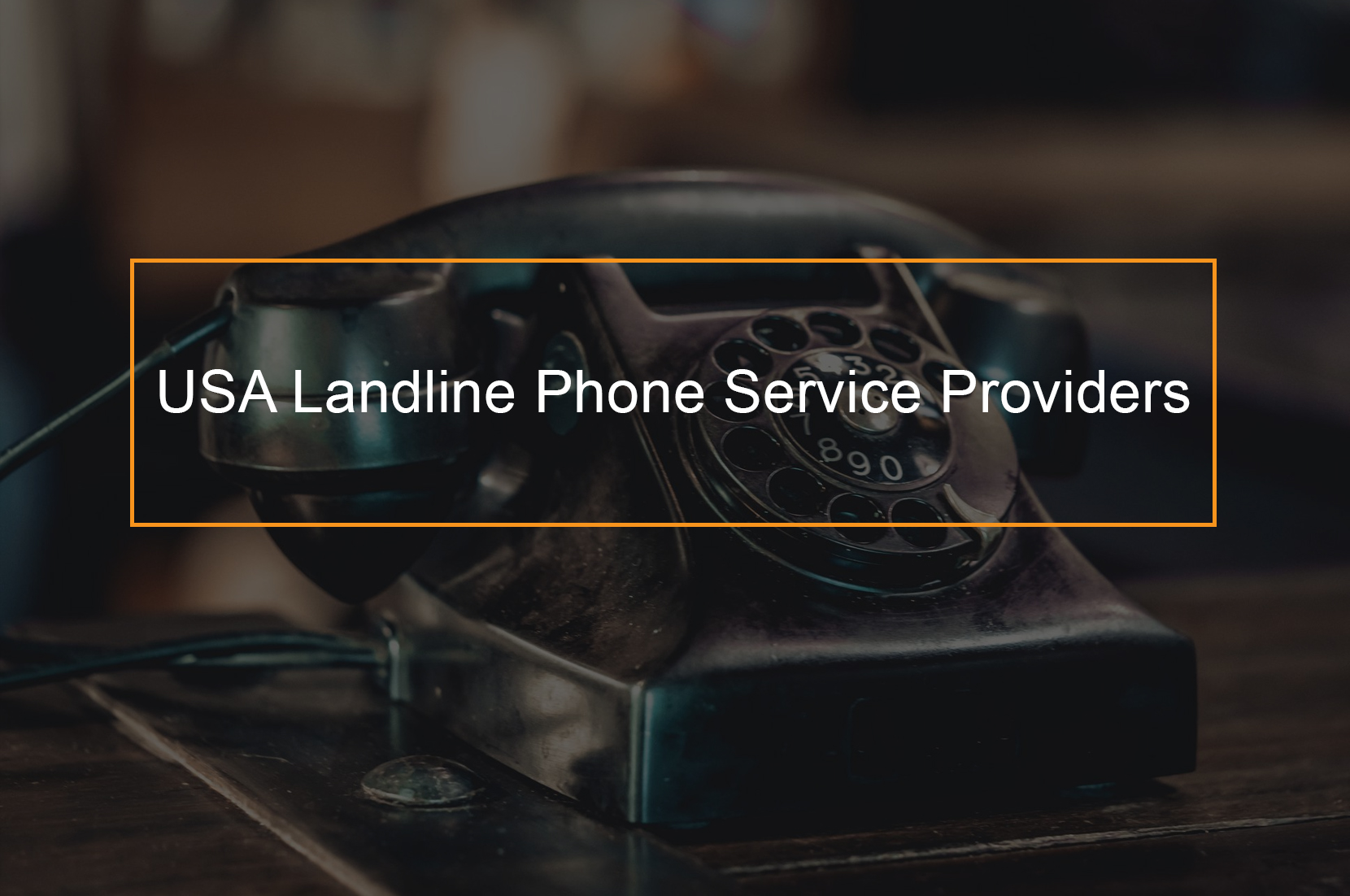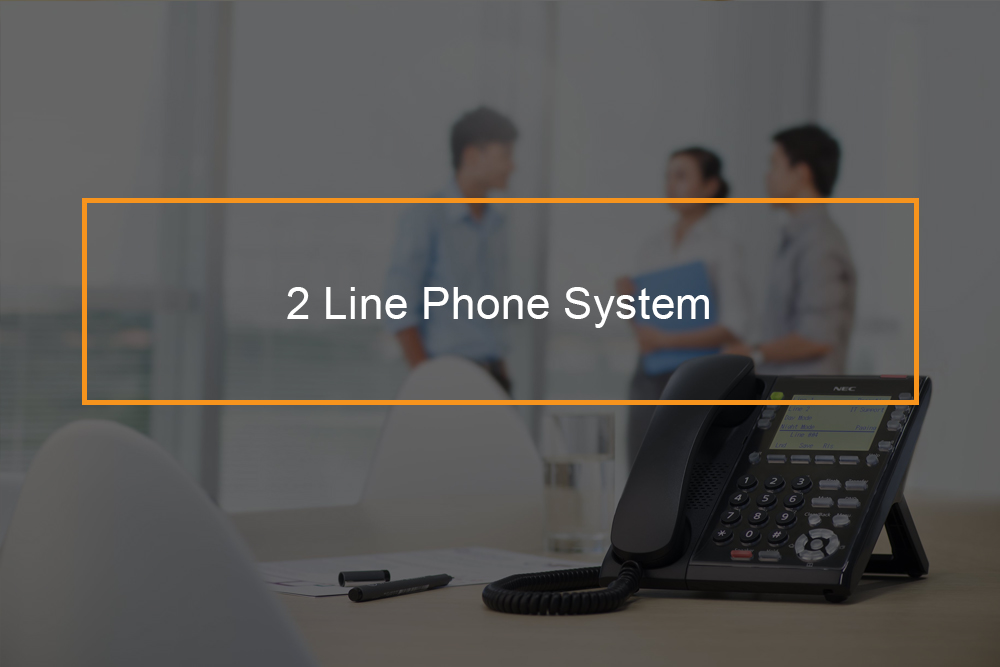Facts about VoIP
 It is not true that VoIP is only good for large companies. Small business owners frequently feel that they are not large enough to benefit from VoIP business phones. This couldn’t be further from the truth. Nonetheless, since VoIP’s unique scalability means it is suitable for any size business, despite the size or type. It provides a cal;l routing system (PBX) that can go from one to two calls to managing a thousand calls simultaneously. This makes VoIP suitable for companies small or large.
It is not true that VoIP is only good for large companies. Small business owners frequently feel that they are not large enough to benefit from VoIP business phones. This couldn’t be further from the truth. Nonetheless, since VoIP’s unique scalability means it is suitable for any size business, despite the size or type. It provides a cal;l routing system (PBX) that can go from one to two calls to managing a thousand calls simultaneously. This makes VoIP suitable for companies small or large.
(VoIP) Voice over Internet Protocol technology has been gaining popularity among businesses and consumers. Even though there are still many who have selected not to upgrade their phone systems and feel stuck with the old phone system that may not be able to manage changing markets, some myths are circulating that may dissuade some from upgrading to a VoIP phone system.
What is VoIP Internet technology?
Voice over Internet Protocol definition
VoIP is the transference of voice and multimedia data over Internet Protocol (IP) networks. VoIP historically referred to implementing IP to connect private branch exchanges (PBXs), but the word is now used interchangeably with IP telephony.
Voice over IP is enabled by a group of technologies and methodologies deployed to deliver voice communications through the internet, enterprise local area networks, or wide area networks.
Voice over IP endpoints includes dedicated desktop VoIP softphone, phone applications running on computers and mobile devices, and WebRTC enabled browsers.
How does Voice over Internet Protocol work?
How does VoIP work?
With VoIP, analog voice calls are changed into packets of data. The packets transmit like any other kind of data like e-mail over the public internet and any private internet protocol network.
By using a VoIP service, you can call a landline or cell phone. You can also dial computer-to-computer, with both parties speaking into a computer microphone and listening via computer speakers or headsets.
When assessing VoIP, it is worth to note that you can place and receive calls using landline line telephones. All you require is an analog telephone adapter connected to your network. Also, make sure the best voice quality and security, consider using your VoIP or other communications system on a private IP network.
How does VoIP work for your Business?
How voice over Internet Protocol operates for your Business is easy. By adding voice to a data network, you will decrease costs, enhance productivity, and improve collaboration. You will also save on the cost by having one system to manage rather than two. You can simply add, move, or change phone extensions and locations, which saves money and offers you more flexibility.
Your employees can use your communications system from home or on the road. Besides, wireless IP phones connect subscribers to your communications systems and data resources, like customer information, whereas they are in the warehouse, on the sales floor, or any place they can access your data network easily.
Unified communications software for small businesses goes beyond basic Voice over Internet Protocol capabilities in enabling collaboration. With unified communications software, workers can easily collaborate via video chat, voice, instant messaging, and web conference. The staff can collaborate using every technology individually or all of them simultaneously, and from a single, easy-to-use interface.
What are some of the myths and misconceptions about VoIP?
Facts and myths about VoIP
Below are some of the myths about VoIP
VoIP does not provide much in savings
Some people still believe the common rates for older POTs lines are cheaper than VoIP simply since the technology has been around longer. That is even though that compared to analog phone lines and carriers, VoIP has the advantage of offering comparatively cheaper phone services. Switching to VoIP is a common situation for many organizations enjoying more benefits of this effective communication software and saving a lot. VoIP provides you an ability to save over fifty percent on phone bills as compared to any local carrier.
The service is unreliable
Implementing VoIP means delivering the voice signal via your internet connection. Since more technology and innovation are driving internet communications further than traditional phone lines, the internet has become a more robust and natural fit for delivering voice communications. As the internet evolves technologies like Fiber, wireless communications keep on growing stronger into the. Further, Voice over IP will keep on being more reliable than analog telephone lines.
The sound quality is poor
Sound quality challenges were at one time, a well-known problem with Voice over IP services. Nonetheless, poor sound quality has not been a significant element in VoIP for the last several years thanks to upgrades in internet communications technology, and improvements to internet connectivity. It is accepted that VoIP provides better sound quality today vs. its traditional phone line counterparts. Many people may not realize they could already be using VoIP services without being aware of it.
- In case you have telephone service from a cable provider such as Spectrum, Cox, etc.you are possibly using VoIP and do not even know it
- Much of the back-end of the telephone globe has already made the switch VoIP
- In case you have an integrated internet connection such as T-1 plus voice or Fiber plus voice, you are just using VoIP, and you do not even realize it.
VoIP has too many security issues
The fact is business VoIP is more secure than the average landline. The key is using a top-quality provider and ensuring that the whole network is safe, something that should be given a priority for any business. As far as your network is secure, your VoIP lines are secure. Reliables providers implement encryption and subscriber authentication methods to add layers of security, and you can do your part by limiting access to equipment to critical employees and changing passwords whenever an employee leaves your Business.
Emergency and 911 services are not available via VoIP
Obviously, in case this myth was true, everything regarding the voice over Internet Protocol technology would have fallen apart. Just because safety is the main problem, VoIP does support and can call 911 and other emergency services. Besides, these emergency calls are delivered in the same way as from any analog provider, with your exact call location.
These are misconceptions surrounding Voice over Internet Protocol, which may prevent business owners from making a smart decision in upgrading to a superior telephone system. VoIP is a modern way to communicate effectively, using the internet to offer reliable, affordable, and scalable communications strategy.
What protocols does VoIP use?
VoIP protocols
Voice over Internet Protocol typically implement International Telecommunication Union standard codecs, like G.711, which is the standard for transferring uncompressed packets, or G.729, which is the standard for compressed packets.
Many equipment vendors also deploy their proprietary codecs. Voice quality may suffer when compression is implemented, but compression decreases data requirements. VoIP supports non-voice communications through the ITU T.38 protocol to send faxes over a VoIP or IP network in real-time.
After the voice is encapsulated onto IP, it is transmitted with the real-time transport protocol or via its encrypted variant, the Secure Real-Time Transport protocol. SIP (Session Initiation Protocol) is frequently used to signal that it is necessary to build, maintain and end calls. Within private networks or enterprise, quality of service (Q oS) is implemented to prioritize voice traffic over non-latency sensitive apps to guarantee voice quality.
Extra elements of a typical VoIP system include the following; an IP PBX to control user telephone numbers; features, devices, and clients; gateways to connect networks and offer failover or local survivability in the situation of a network outage; and session border controllers to offer security, call policy management and network connections.
A VoIP system can also come with location-tracking databases for E911 enhanced 011, call routing, and management platforms to gather call performance statistics for reactive and proactive voice-quality management.









